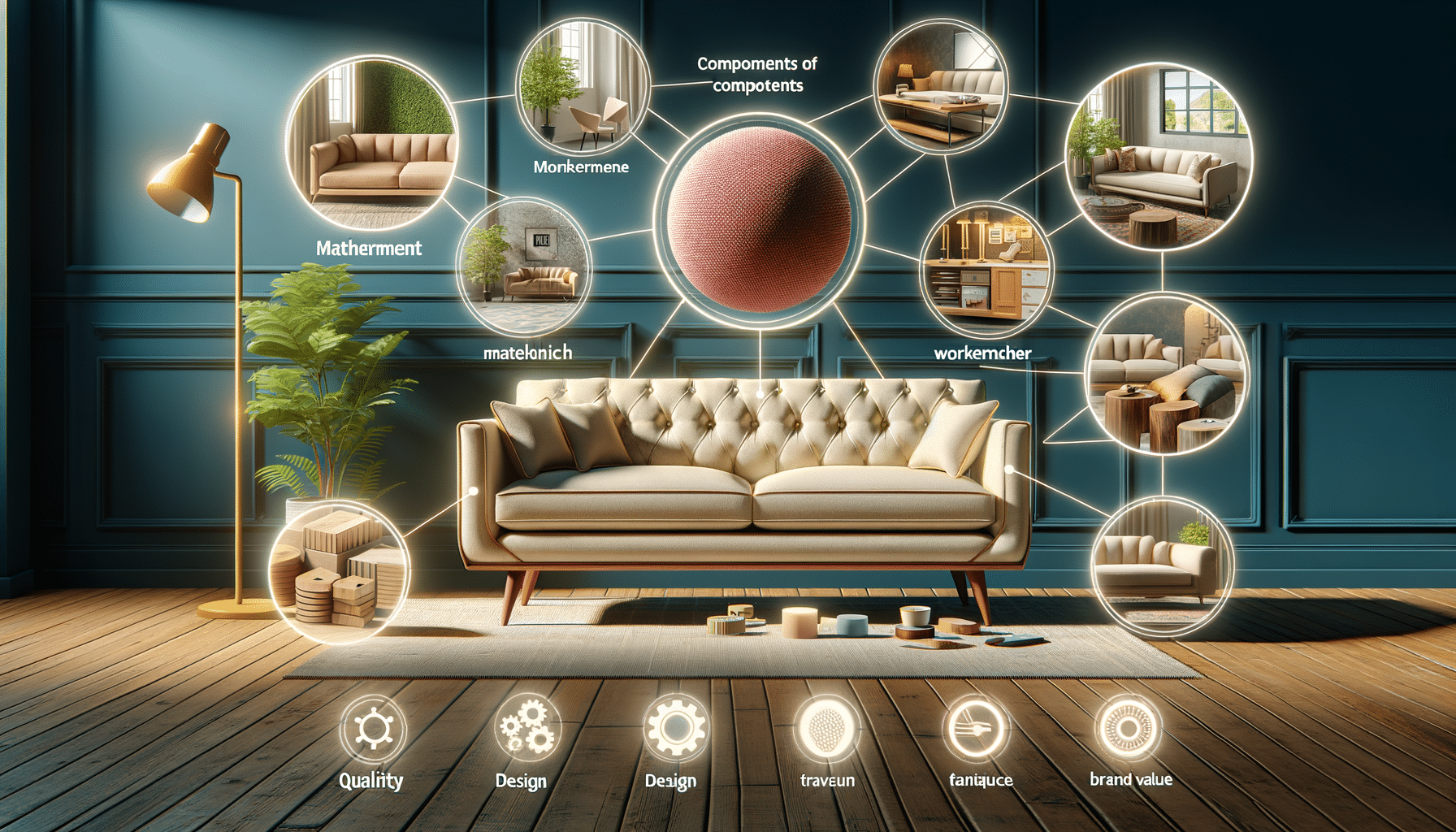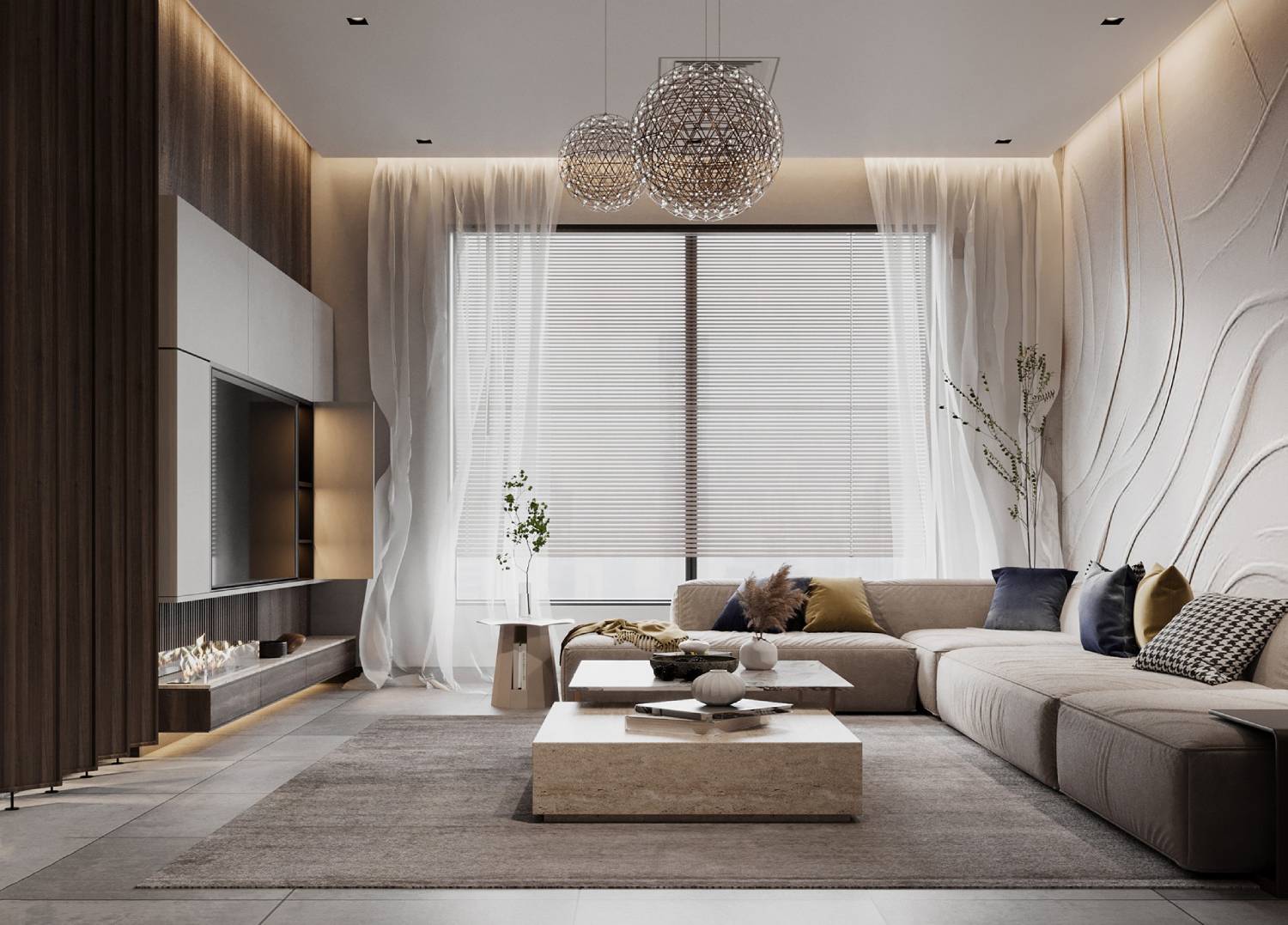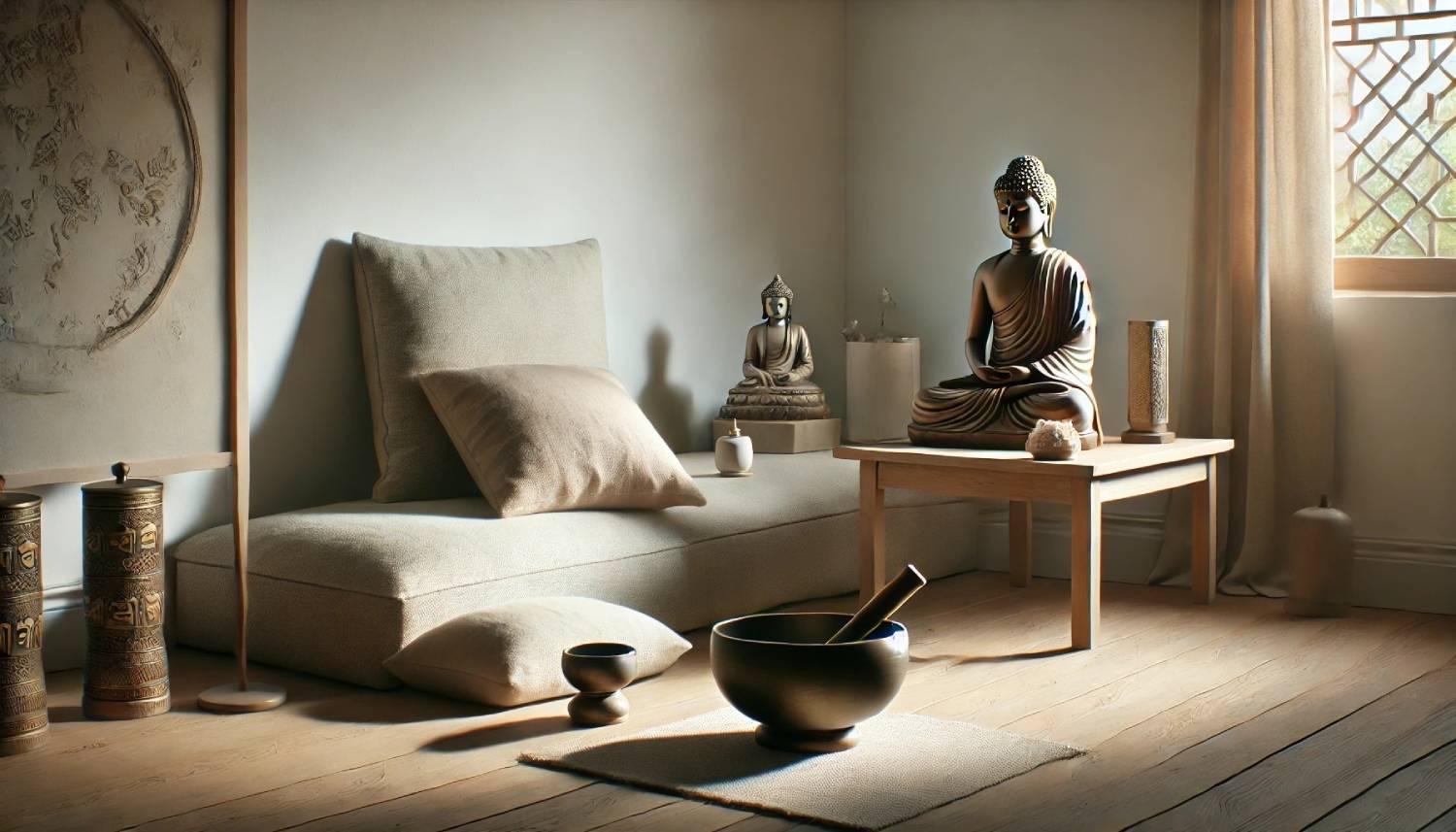
The Role of Minimalism in Mindful Living
In this world, consumerism often dictates our daily choices. The concept of minimalism emerges as a refreshing alternative. It is not merely about decluttering physical spaces but also about fostering a mindful approach to life. Minimalism encourages us to focus on what truly matters by stripping away the non-essential. This blog post looks at how minimalism links to mindful living. It shows that a minimalist mindset can help create an intentional lifestyle and a Zen home.
Minimalism is often seen as a strict way of living. Many think it means having very few things. However, at its core, minimalism is about intentionality. It is about making deliberate choices that align with our values and priorities, allowing us to live more mindfully. Understanding minimalism in mindful living helps us create a simpler life. This approach also adds more meaning and purpose to our days.
Key Benefits of Minimalism in Mindful Living
Why It Matters
Minimalism and mindfulness go hand in hand. Both encourage living with purpose and awareness. By embracing minimalism, individuals can reduce the mental clutter that often accompanies physical clutter. This reduction in clutter can lead to decreased stress and anxiety, allowing for a clearer mind and a more focused life.
Real-Life Applications
Consider the impact of a cluttered home on your mental state. A space filled with unnecessary items can be overwhelming and distracting, making it difficult to relax and focus. A minimalist space offers calm and order. This creates a mindful and peaceful environment. This is the essence of the Zen home philosophy, which emphasises simplicity, harmony, and balance.
Studies show that people who embrace minimalism usually feel more satisfied and happier. A study from the Journal of Environmental Psychology found that people in minimalist spaces felt less stress and were more productive. These findings show the real benefits of minimalism. It helps us live mindfully and intentionally.
Step-by-Step Guide to Embracing Minimalism for Mindful Living
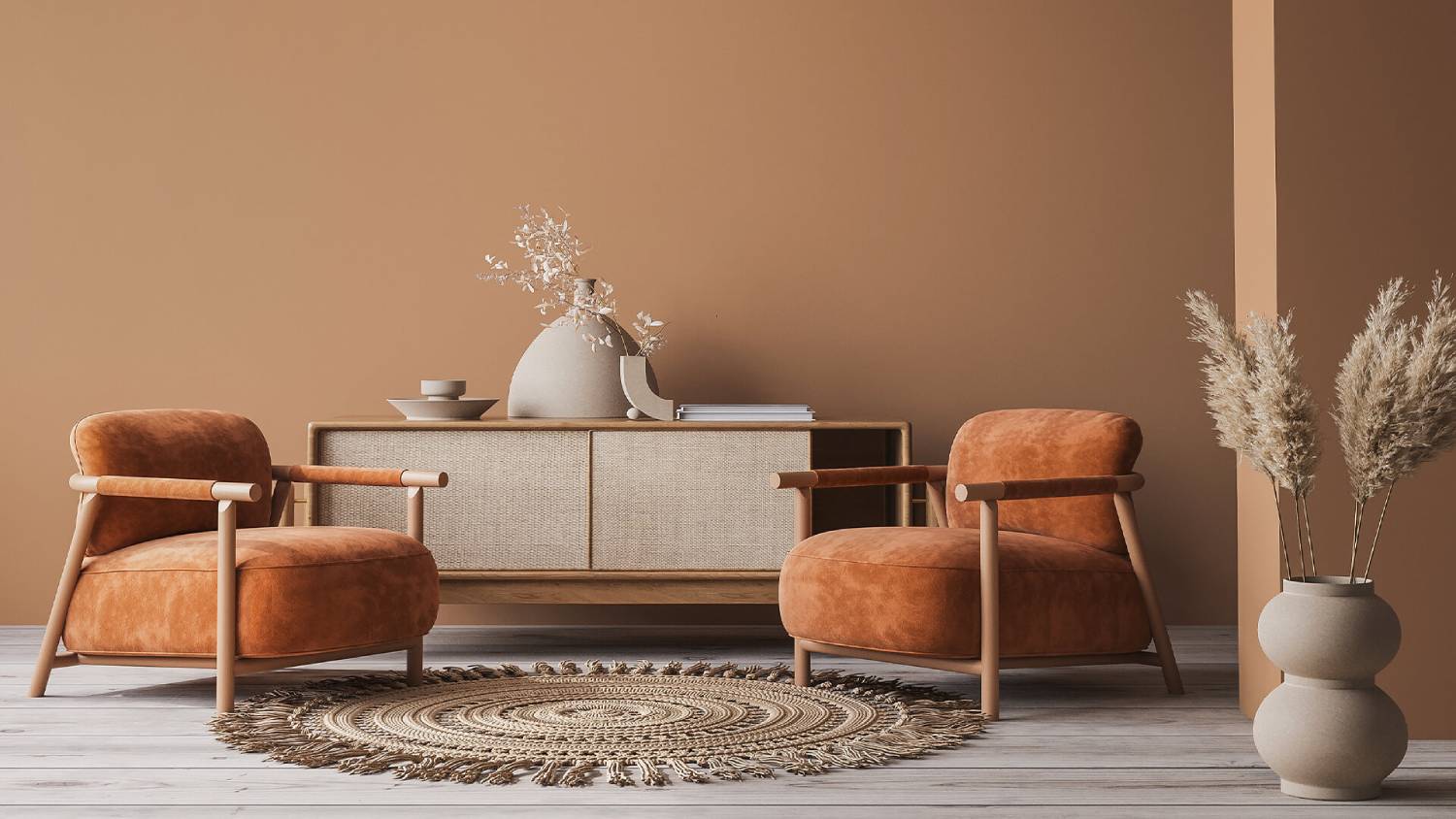
Step 1: Define Your Values and Priorities
Before embarking on a minimalist journey, take the time to reflect on what truly matters to you. What are your core values and priorities? Knowing this will help you make choices that fit your minimalist lifestyle and personal goals.
Step 2: Declutter Your Physical Space
Begin by assessing your living environment. Identify items that do not serve a purpose or bring you joy, and consider donating or recycling them. This process of decluttering can be cathartic, allowing you to let go of the past and make room for what truly matters.
Example: The KonMari Method
The KonMari Method, created by Marie Kondo, helps people declutter. It promotes keeping items that “spark joy.” This method helps people think about their belongings. It encourages them to choose wisely what to keep and what to throw away.
Step 3: Simplify Your Schedule
Minimalism is not limited to physical possessions; it also extends to how we manage our time. Review your commitments. Cut out activities that don’t match your values or help your well-being. This intentional approach to scheduling can lead to a more balanced and mindful lifestyle.
Step 4: Practice Mindful Consumption
Adopt a mindful approach to consumption by being intentional about what you bring into your life. Before making a purchase, ask yourself if the item is necessary and if it aligns with your values. This practice can help reduce impulsive buying and promote a more sustainable lifestyle.
Step 5: Cultivate Mindful Habits
Incorporate mindfulness practices into your daily routine to enhance your minimalist lifestyle. This could include meditation, journaling, or simply taking a few moments each day to reflect and be present. These habits can strengthen minimalism and encourage a more purposeful life.
Additional Expert Tips & Common Mistakes to Avoid
Best Practices
- Start Small: Begin your minimalist journey with one area of your life, such as your wardrobe or workspace, and gradually expand to other areas.
- Be Patient: Minimalism is a process that takes time and reflection. Allow yourself the space to make intentional choices without feeling rushed.
- Seek Support: Join minimalist communities or forums. Connect with others who share your values. They can offer guidance and support.
Common Mistakes
- All-or-Nothing Approach: Avoid the misconception that minimalism requires extreme measures. It is about finding a balance that works for you.
- Ignoring Emotional Attachments: Recognize your feelings for certain items. Declutter with kindness and understanding.
- Over-Emphasizing Aesthetics: A minimalist aesthetic can be appealing. Focus on the underlying principles of minimalism rather than purely on appearances.
Advanced Insights & Expert Recommendations
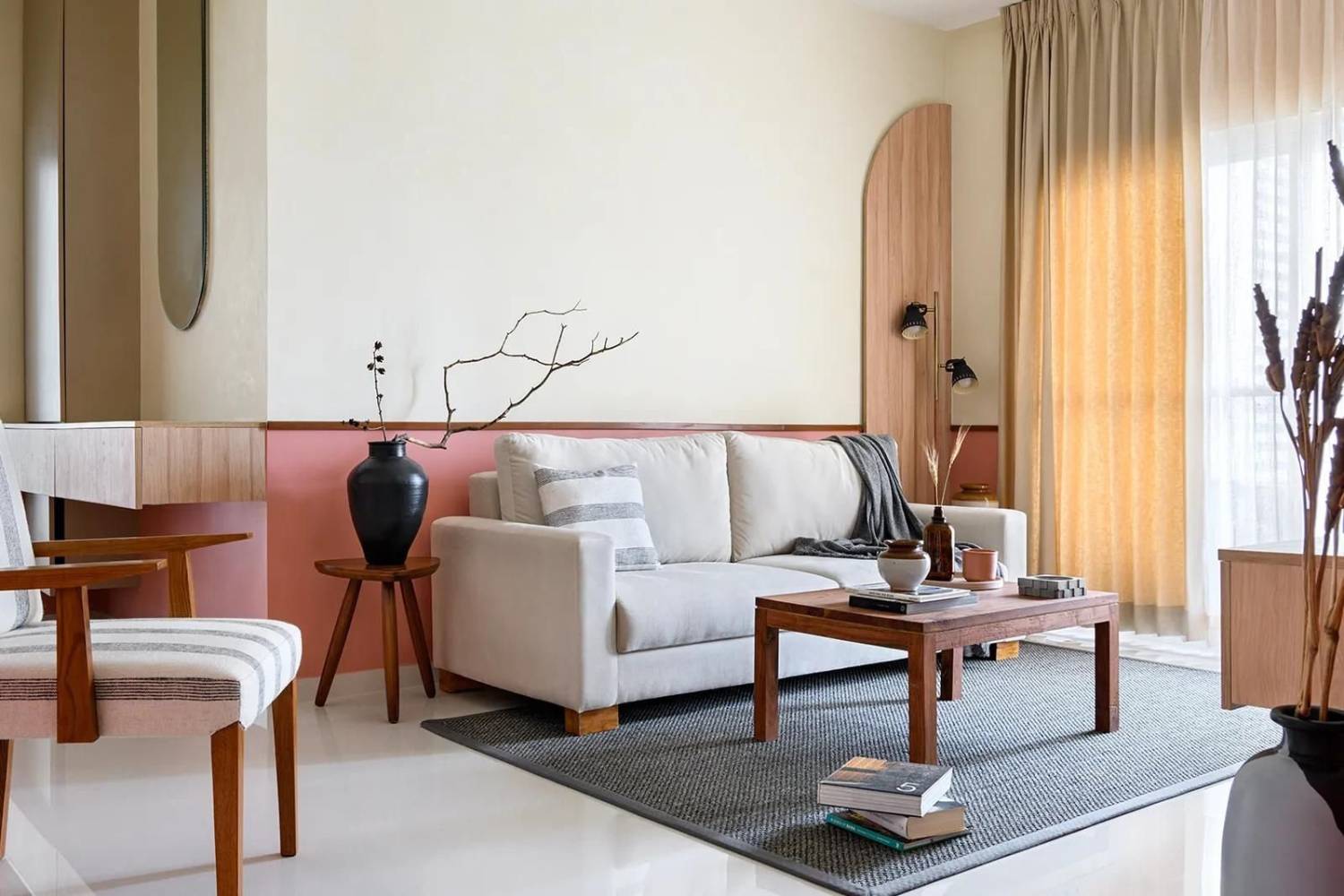
Unique Industry Perspectives
Minimalism is not a one-size-fits-all approach. It can be tailored to suit individual needs and lifestyles. Digital minimalism means cutting down on digital distractions. It encourages using technology more thoughtfully. In today’s digital age, constant connectivity can cause information overload. This often leads to a drop in mindfulness.
Lesser-Known Insights
Minimalism can also have a positive impact on the environment. People can lower their carbon footprint and help the planet by using less and choosing sustainable options. This fits with the idea of mindful living. It aims to create harmony and balance with nature.
Less is More – The Path to a Mindful Life
Minimalism offers a powerful framework for cultivating a mindful and intentional lifestyle. Focusing on what matters and cutting out the extra helps people live a simpler, more meaningful life. This way, they can better align with their values. Starting your minimalist journey or deepening your practice can help you live more mindfully and fully.
As you start this journey, remember that minimalism isn’t about perfection. It’s about progress. It is about making conscious choices that enhance your well-being and contribute to a more mindful and intentional way of living. Start your journey to minimalism today. You’ll see how it can change your life.
What are your thoughts on minimalism and mindful living? Share your experiences and insights in the comments below.
